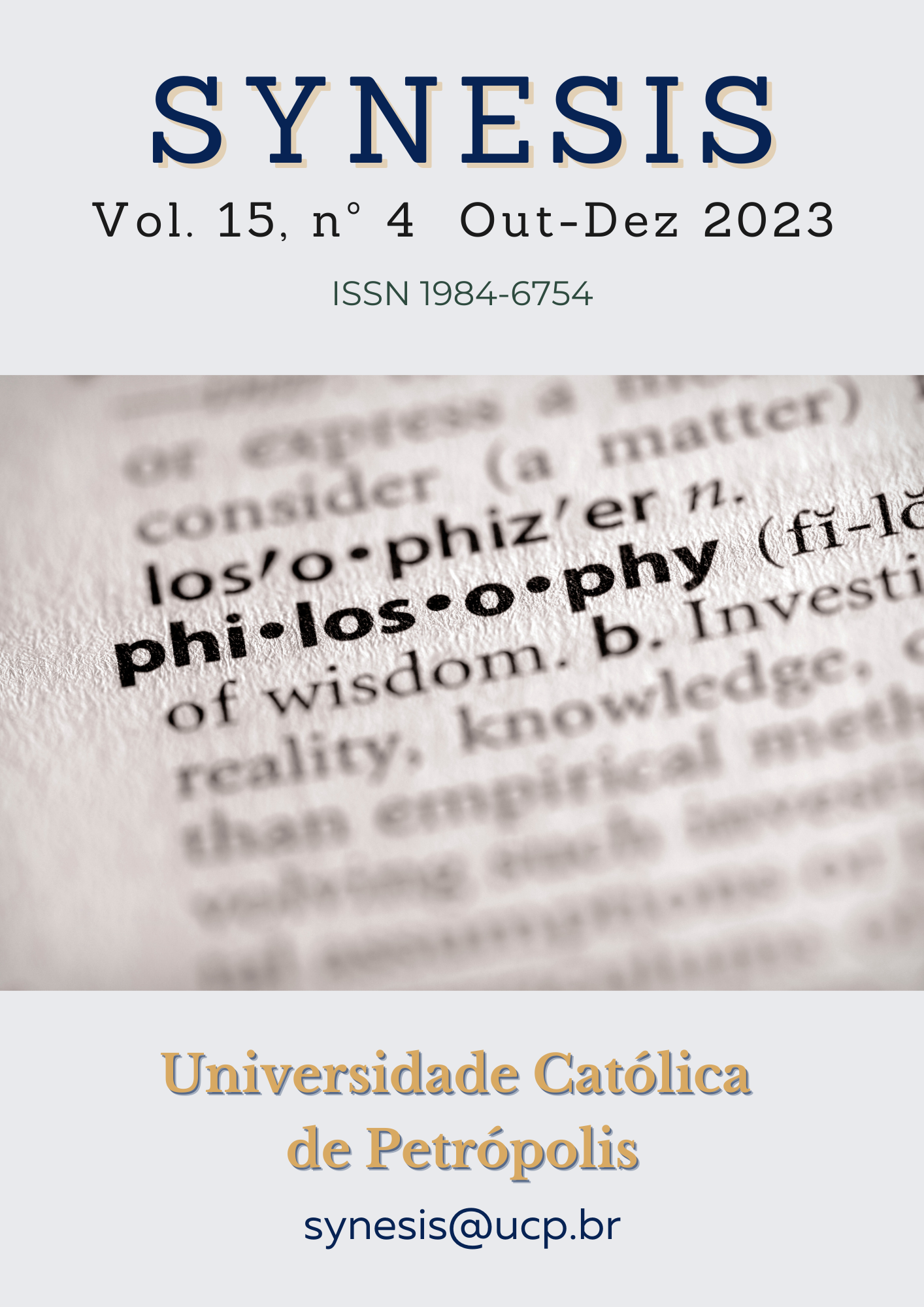Abstract
Han Feizi was a knowledgeable and patriotic nobleman born in 280 BC and died in 233 BC, during the sixth year of Han Wang An and the fourteenth year of Qin Shi Huang. He offered many solutions to the King of Korea to save the country from destruction and improve its strength, but corrupt officials prevented his methods from being implemented. Han Fei was frustrated with the King of Korea's lack of concern for the country, failure to update laws according to changing times, and reliance on "Phap" and "Thuat" to achieve national prosperity and strength. The King of Korea did not choose competent and useful sages in the fields of "Phap" and "Thuat". Instead, he used incompetent and harmful individuals who did not benefit the country. Han Feizi, despite his loyalty and integrity, was not utilized and was left with feelings of regret, and sadness. The author of this article focuses solely on researching and clarifying the content of Han Fei’s ideology on the method of using people in water governance. This analysis aims to provide insight into the meaning of "the art of using people" and ultimately improve judicial activities in Vietnam today.
References
Chinh .D. (2009). An overview of the history of Chinese philosophy, National Political Publishing House, Hanoi.
Communist Party of Vietnam. (2001). Document of the 9th National Congress of Deputies. National Political Publishing House, Hanoi.
Chi.G and Le.NH (1992). Xunzi, Culture and Information Publishing House, Hanoi.
G.T.V. (1958). The crisis of feudalism of the Nguyen Dynasty before 1858, Culture Publishing House, Hanoi.
Kim. T.T. (2001). Confucianism, Culture and Information Publishing House, Hanoi.
Khieu. V. (1997). Confucianism and the development in Vietnam, Social Science Publishing House.
Lan. P.T. (2016). Contributing to understanding the social role of Confucianism, Journal of Human Resources and Social Sciences.
Lan. P.T. (2021). Basic Confucian Thought Research, Journal of Educational Equipment.
Lan. P.T. (2021). Basic thought on education of Confucianism through some typical Confucianists, Journal of Science and Technology.
Le. N.H. (1994). Han Feizi, Culture and Information Publishing House, Hanoi.
Lan. P.H. (2006). History of Chinese philosophy, Social Science Publishing House.
Lan. N.D. (1998). Four-Book Annotations, Culture - Information Publishing House.
Ngoc. P (translation) (2001). Han Feizi, Literature Publishing House, Hanoi.
Nien. N.V. (1996). Building a state ruled by law in Vietnam - Some theoretical and practical issues, National Political Publishing House, Hanoi.
National History of the Nguyen Dynasty. (1994). The Main Story of Minh Menh, volume III, Thuan Hoa Publishing House, Hue.
National History of the Nguyen Dynasty. (2007). The main version of Dai Nam history, volume II, Translation of the Institute of History, Education Publishing House, Hanoi.
Vui. N.H. (2007). History of philosophy, National Political Publishing House, Hanoi.
Thang. L.S. (1997). History of Vietnamese thought, volume II, Social Science Publishing House, Hanoi.
Binh. N.V. (2016). Confucian conception of social relationships. Its influence and significance to our current society, Philosophical Journal, (3), 1-8.
Quyet, N.T. (2019). Confucius thought of ruling a nation. European Journal of Social Sciences Studies, 4(5), PP. 234-243. doi: 10.5281/zenodo.3599810
Thuy, T.V. (2018). Ethical issues in Confucius philosophy, Journal of Political Theory, (10), 1-10.

This work is licensed under a Creative Commons Attribution-NonCommercial-NoDerivatives 4.0 International License.
Copyright (c) 2023 Synesis (ISSN 1984-6754)

